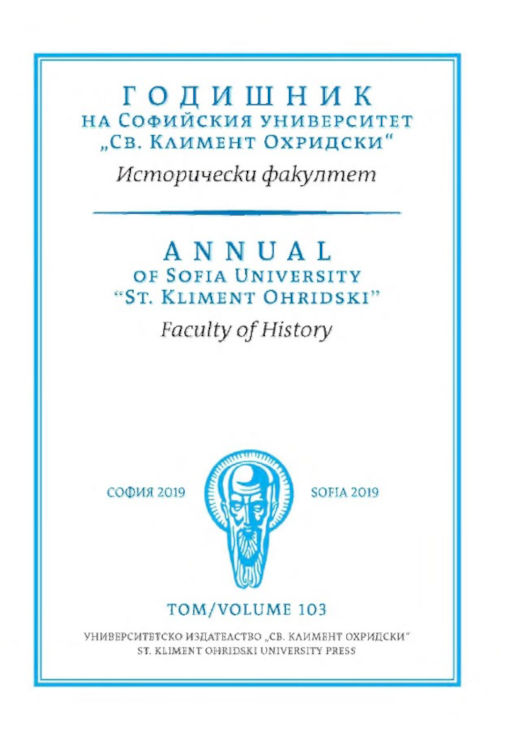Необикновената съдба на българистката Шара Кариг (1914-1999)
The Unusual Fate of the Translator from Bulgarian Sara Karig (1914-1999)
Author(s): Dzheni MadzharovSubject(s): History, Language and Literature Studies, Recent History (1900 till today), Special Historiographies:, Pre-WW I & WW I (1900 -1919), Interwar Period (1920 - 1939), Post-War period (1950 - 1989), History of Communism, Fascism, Nazism and WW II, Translation Studies
Published by: Софийски университет »Св. Климент Охридски«
Keywords: Sara Karig; Hungary; Bulgarian fiction; fascism; GULAG; Asta Nilsson; Waldemar Langlet; Raoul Wallenberg; Yad Vashem
Summary/Abstract: The life of the Hungarian Sara Karig (1914 - 1999) is а complex tangle of curiosity, hard work, honesty, courage and fateful clash with the ideological perversity of the time it lives in. She is the most successful promoter of Bulgarian fiction in Hungary, being а translator, editor and compiler of 32 books bу Bulgarian authors. This is а well-read and broad-minded intellectual. But Sara Karig is also an extraordinary person, because of her bold and self-reliant human behaviour. She was involved in saving the lives of several thousand people. In the years of fascism in Hungary (1944 - 1945), she was not afraid to sacrifice her life and save thousands of Jewish children, refugees and English prisoners ofwar, along with the Swedish anti-Nazis - Asta Nilsson, Waldemar Langlet and Raoul Wallenberg. For this honest and straightforward woman in the liberated bу fascism, Hungary, there are new, severe trials. Because she dared to reveal electoral fraud, she was sent for six years to the GULag Soviet camps. There she barely came to life to return to Hungary and to start her life again for the third time. With hard labour, very dedication and endless vitality she builds friendship bridges, wins friends, works devotedly to her homeland. However, from the years spent in the camps, she also keeps а gentle memory. These are her sensual white poems, decades hidden on the bottom of the drawer. Only at the end of her life Sara Karig dares to reveal this wonderful side of her nature to the reader's audience.
Journal: Годишник на Софийския университет „Св. Климент Охридски“ – Исторически факултет
- Issue Year: 103/2019
- Issue No: 1
- Page Range: 92-126
- Page Count: 35
- Language: Bulgarian

